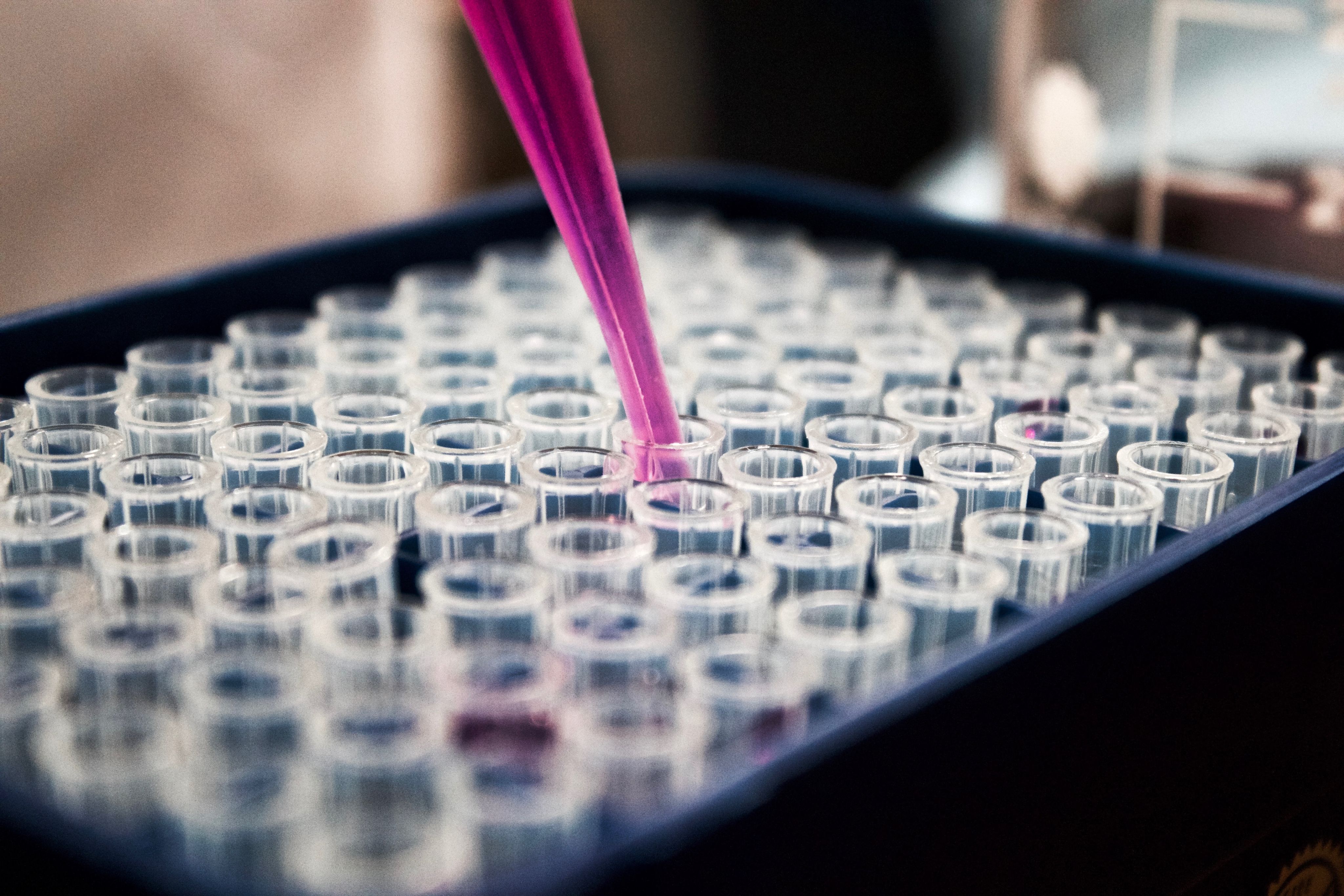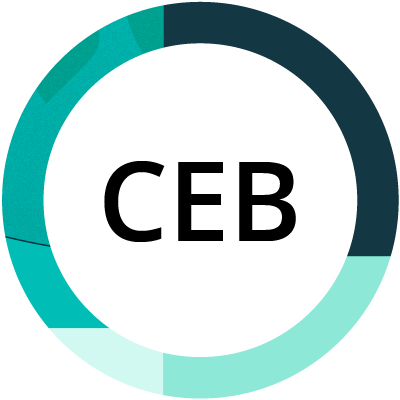In search of new medicines
Bioelectronic Systems Technology (BEST) Group awarded ERC Proof of Concept grant to develop e-transmembrane project

A new technology which could significantly accelerate the development of safer, more effective medicines, has been given funding for further development.
The Bioelectronic Systems Technology (BEST) Group, led by Professor Roisin Owens, Professor of Bioelectronics at the Department of Chemical Engineering and Biotechnology (CEB), has been awarded a prestigious European Research Council (ERC) Proof of Concept Grant.
This competitive funding will help explore the commercial and societal potential of Organ-on-Chip (OoC) technology, with hopes of accelerating its path from research to real-world impact.
Organ-on-Chip systems replicate human tissues in laboratory settings, providing a powerful, ethical alternative to animal testing and offering faster, safer ways to develop new medicines. However, widespread industry adoption has been hindered by the complexity and cost of integrating these systems into existing pharmaceutical workflows. The IMBIBE PoC II project aims to tackle this challenge by developing a simplified, scalable platform using conductive hydrogel, designed to seamlessly fit industry standards.
The benefits could be significant, with pharmaceutical companies gaining a sustainable, cost-effective tool for testing drugs on human tissue, leading to more reliable, human-relevant data. This will not only improve the efficiency of drug development but also reduce reliance on animal models, aligning with global sustainability and ethical research goals.
Project lead scientist Doug van Niekerk hard at work at his desk in CEB
Project lead scientist Doug van Niekerk hard at work at his desk in CEB
Professor Owens said: "By simplifying Organ-on-Chip technology and aligning it with industry needs, we hope to create a direct pathway for scientific discoveries to improve lives. This work supports sustainability in drug development and makes safer, more effective therapeutics a reality for patients around the world."
The project lead scientist, postdoctoral associate Douglas van Niekerk, will work with Professor Owens to develop this promising innovation, bringing academic excellence closer to market transformation.

